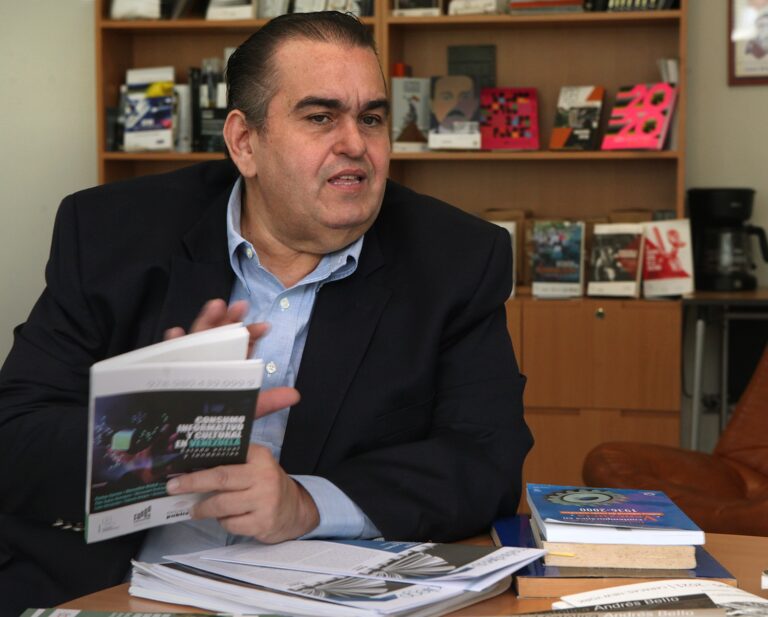(RSF/IFEX) – RSF has voiced concern over the increased penalties for press offences contained in amendments to Venezuela’s Penal Code, which took effect on 16 March 2005. The organisation called the amendments “a big step backwards” for press freedom. “Five of the 38 amended articles directly threaten press freedom,” RSF said. “Instead of moving towards […]
(RSF/IFEX) – RSF has voiced concern over the increased penalties for press offences contained in amendments to Venezuela’s Penal Code, which took effect on 16 March 2005. The organisation called the amendments “a big step backwards” for press freedom.
“Five of the 38 amended articles directly threaten press freedom,” RSF said. “Instead of moving towards the decriminalisation advocated by the United Nations, these amendments step up the prison sentences for some press offences. The Venezuelan authorities are running counter to the general tendency to liberalise press laws.”
RSF also pointed out that the heavy penalties envisaged for such poorly defined offences as “insult” or the need to “protect honour” will result in journalists censoring themselves when criticising authorities for fear of being punished.
The organisation said other legislation affecting the press has also become harsher in recent months. In July 2004, the Supreme Court ratified a law under which a person may be imprisoned for working as a journalist without having a journalism degree or belonging to a journalists’ association (see IFEX alert of 6 August 2004). On 8 December, a broadcast media content law was promulgated, which imposes heavy fines or loss of licences for media outlets found to have contravened it (see alerts of 16 and 14 December, 30 and 25 November 2004 and 25 October 2003).
“In view of the confrontation between the government and the leading privately-owned news media, we fear that the government could use these new laws to try to silence its critics,” RSF said.
The amendments to 17 of the Penal Code’s articles were approved by the National Assembly on second reading on 9 December. Amendments to 21 others had already been adopted on first reading, on 2 December. President Hugo Chávez delayed promulgating the reform to allow time for corrections to several provisions that were deemed unconstitutional. After Parliament approved the corrections, the so-called “partial reform of the Penal Code” took effect on 16 March and was published in the official gazette on 17 March.
The new version of Article 148 of the Penal Code makes “insulting the president” punishable by six to 30 months in prison. Article 149 states that, if another state representative is insulted, the punishment is one half to two thirds of that of Article 148, depending on the rank of the person insulted.
The new Article 297A stipulates that the dissemination of inaccurate news by means of print media, radio, telephone or e-mail with the aim of “causing panic” is punishable by two to five years in prison.
Article 444 on defamation says that any individual making comments that could “expose another person to contempt or public hatred” is subject to a sentence of one to three years in prison and a fine. Until now, the Penal Code provided for no more than 18 months in prison for this kind of offence. If the offence is committed in a public manner, the prison sentence can be as much as four years and the fine can be doubled. The article refers explicitly to press reports.
Article 446 on the “protection of honour” contains the same provisions. An insult, which was previously punishable by a maximum of eight days in prison, can now result in a sentence of six months to a year in prison. If the offence is committed by means of the press the penalty is one to two years in prison.
The UN Special Rapporteur on the Promotion and Protection of the Right to Freedom of Opinion clearly and formally stated in January 2000 that “the imposition of a prison sentence for the peaceful expression of opinion constitutes a serious violation of human rights.”
Furthermore, Article 11 of the Declaration on Principles of Freedom of Expression adopted by the Inter-American Commission on Human Rights in October 2000 says, “Public officials are subject to greater scrutiny by society. Laws that penalise offensive expressions directed at public officials restrict freedom of expression and the right to information.”


